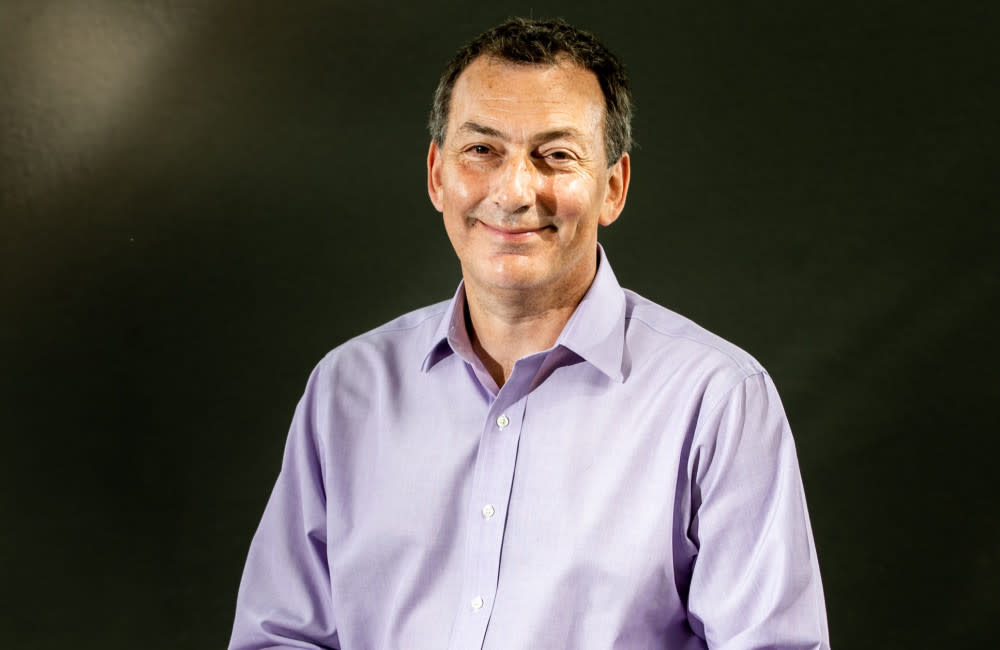BBC makes sweeping Newsnight cuts

The BBC has sparked controversy with sweeping 'Newsnight' cuts.
The move comes after the TV licence free was frozen at £159 for two years in 2022, with the company also struggling to cope with the effects of inflation.
According to the BBC, over half of the current 57 reporters on Newsnight will be let go, leaving only 23.
Mark Urban, who has hosted the show for decades, took to X (formally Twitter) to express the disappointment he had in losing so many of his colleagues.
In a post to the social media platform, he wrote: “The honour of presenting @BBCNewsnight falls to me tonight. I have worked on the programme for 32 years, around the world, risking my life many times for its journalism.
“You can well imagine my feelings at cuts to our staff and budget of more than 50 percent.”
The BBC insisted that the cuts were essential to keeping the programme on air.
In a statement, the BBC News and Current Affairs CEO Deborah Turness admitted that the corporation has been forced to make “difficult choices”.
She said: “When we started work on this announcement, I did not know if it would make financial sense to keep Newsnight on air.
“We, like many other news organisations, have streamlined our editorial teams to avoid duplication. It simply no longer makes sense to keep a bespoke reporting team dedicated to a single news programme with a small and declining audience, however good that programme is.”
Deborah then revealed that the show will now have a shorter runtime that will be formatted as a “30-minute late-night news-making debate, discussion and interview programme.”
The cuts are expected to save the company £7.5 million, with the BBC boosting its budget for its online outlets.
The National Union of Journalists reacted to the announcement, with broadcasting organiser Paul Siegert emphasising that concerns were growing for the future of traditional investigative journalism.
He said: “While we welcome investment in digital, we have grave concerns that the axe is falling disproportionately on investigatory news output.
"The proposals would, on the face of it, diminish a part of the BBC's output that has already been negatively impacted by previous rounds of cuts. The extension of BBC Breakfast and News at One would not provide an equivalent in-depth analytical and agenda-setting news product."

 Yahoo Movies
Yahoo Movies 
